News
Stay up to date on the latest crypto trends with our expert, in-depth coverage.

For companies exposed to the dual risks of the crypto market and the stock market, has the worst already passed?
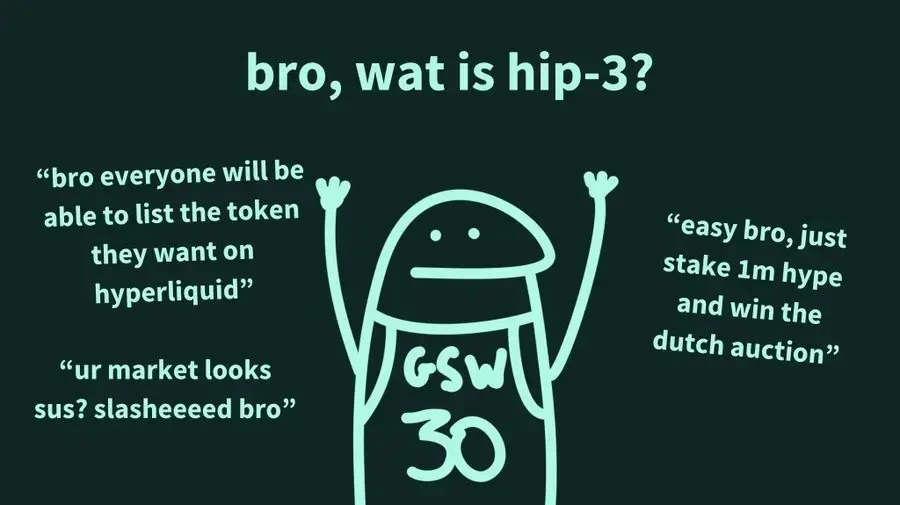
HIP-3 is a major improvement proposal for the Hyperliquid exchange, aimed at decentralizing the launch process of perpetual contract markets by allowing any developer to deploy new contract trading markets on HyperCore.
Bitcoin rebounds as trade tensions ease and Israeli hostages are released, with buyers returning to the market after last week's cryptocurrency crash.
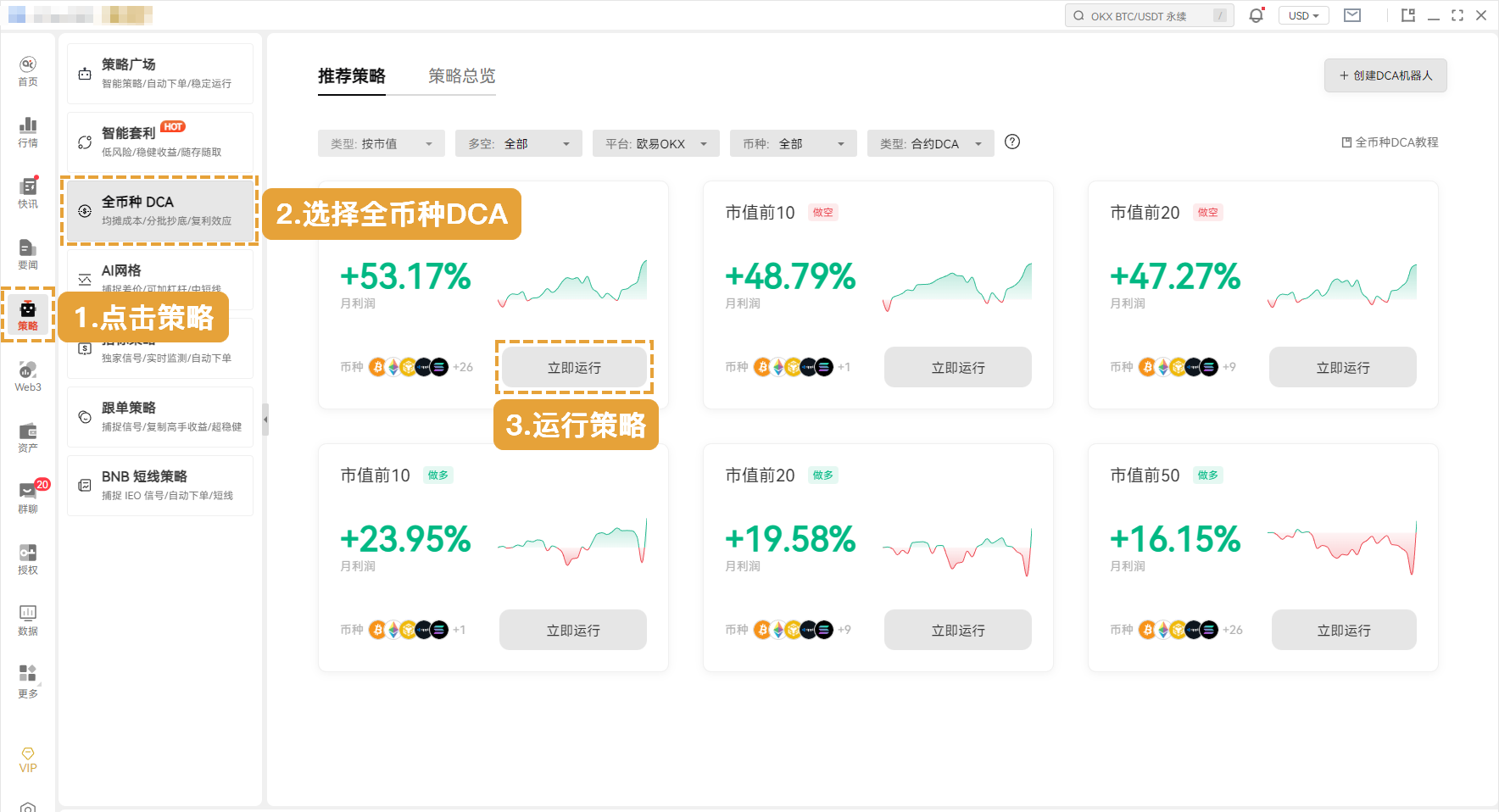
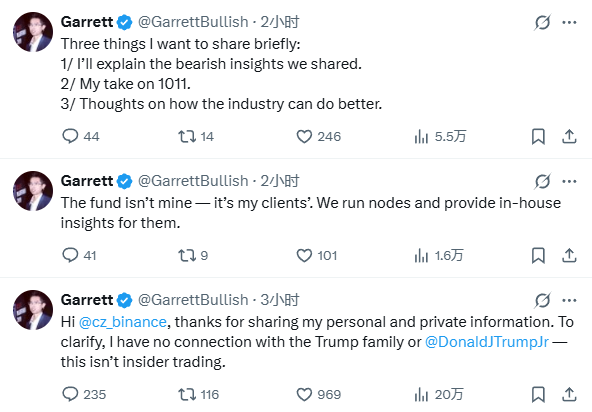
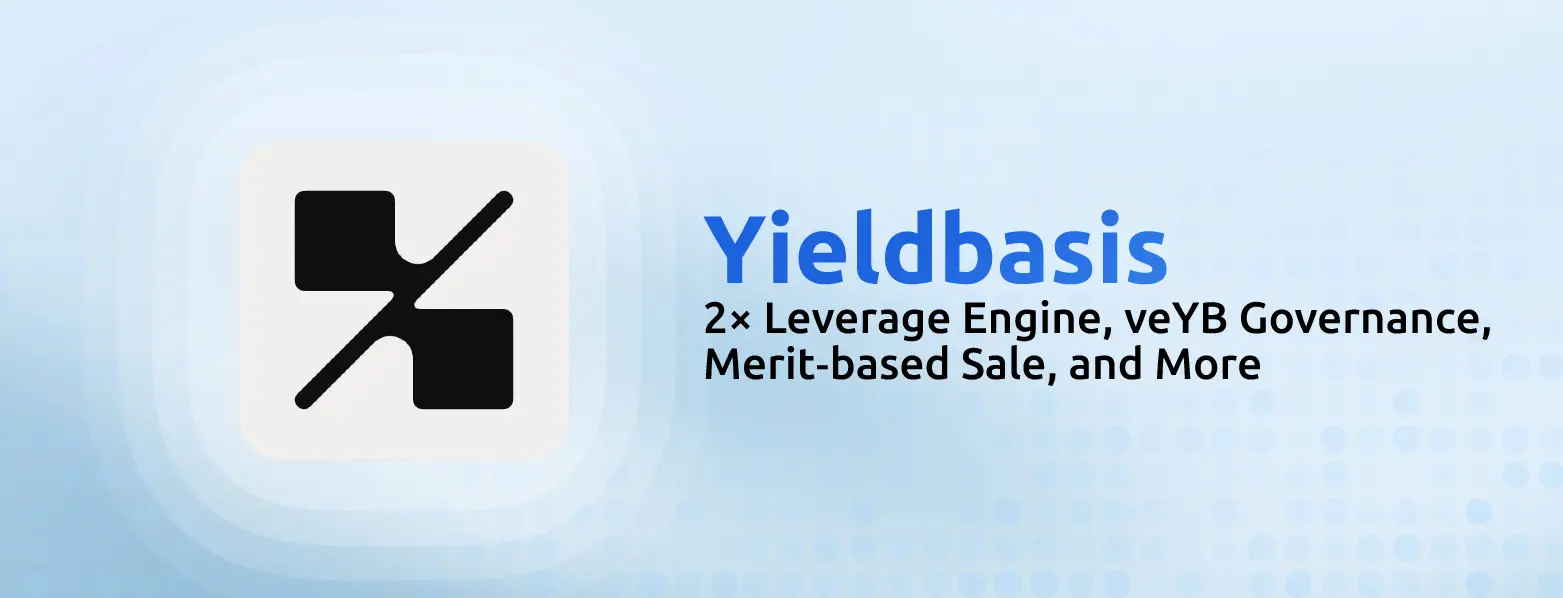
Yieldbasis recently completed a $5 million funding round (accounting for 2.5% of total supply) through Kraken and Legion, with a fully diluted valuation (FDV) of $200 million.
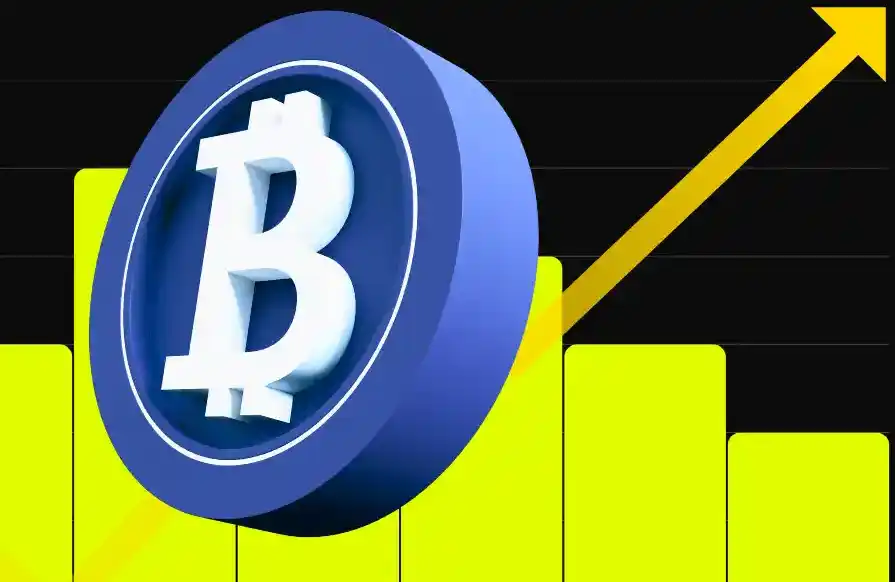
Multiple institutions predict that the bull market climax will continue in Q4, led by projects such as Monad, Meteora, Limitless, Zama, and MegaETH.



This is the most brutal liquidation day since the FTX collapse... The automatic deleveraging algorithms of centralized exchanges have wiped out $19 billion (or even more than that)...
- 02:48Data: A certain exchange hacker bought back 9,240 ETH at an average price of $4,269, worth $39.45 million.ChainCatcher news, according to monitoring by Lookonchain, the hacker who stole over 300 millions USD from a certain exchange user purchased 9,240 ETH six hours ago at an average price of $4,269, worth $39,450,000. During last week's market crash, this hacker panic-sold 8,638 ETH, worth $32,500,000, at an average selling price of $3,764, resulting in a loss of $5,500,000.
- 02:41Dubai unveils new financial sector strategy, designating virtual assets as one of its core pillarsJinse Finance reported, according to Cointelegraph, that Dubai has announced a new financial sector strategy, designating virtual assets as one of its core pillars. The goal is to increase the sector's contribution to the country's GDP to 3%, approximately 13 billion AED. So far this year, institutions regulated by the UAE Virtual Assets Regulatory Authority (VARA) have reached a cumulative trading volume of 2.5 trillion AED, with assets under management (AUM) rising to 9.6 billion AED.
- 02:34Ethena Labs: USDtb becomes the first federally regulated stablecoin compliant with the GENIUS ActAccording to a report by Jinse Finance, Ethena Labs has disclosed that the USDtb smart contract has been transferred to Anchorage Digital. This milestone localization initiative makes USDtb the first federally regulated stablecoin to be issued in compliance with the GENIUS Act framework.